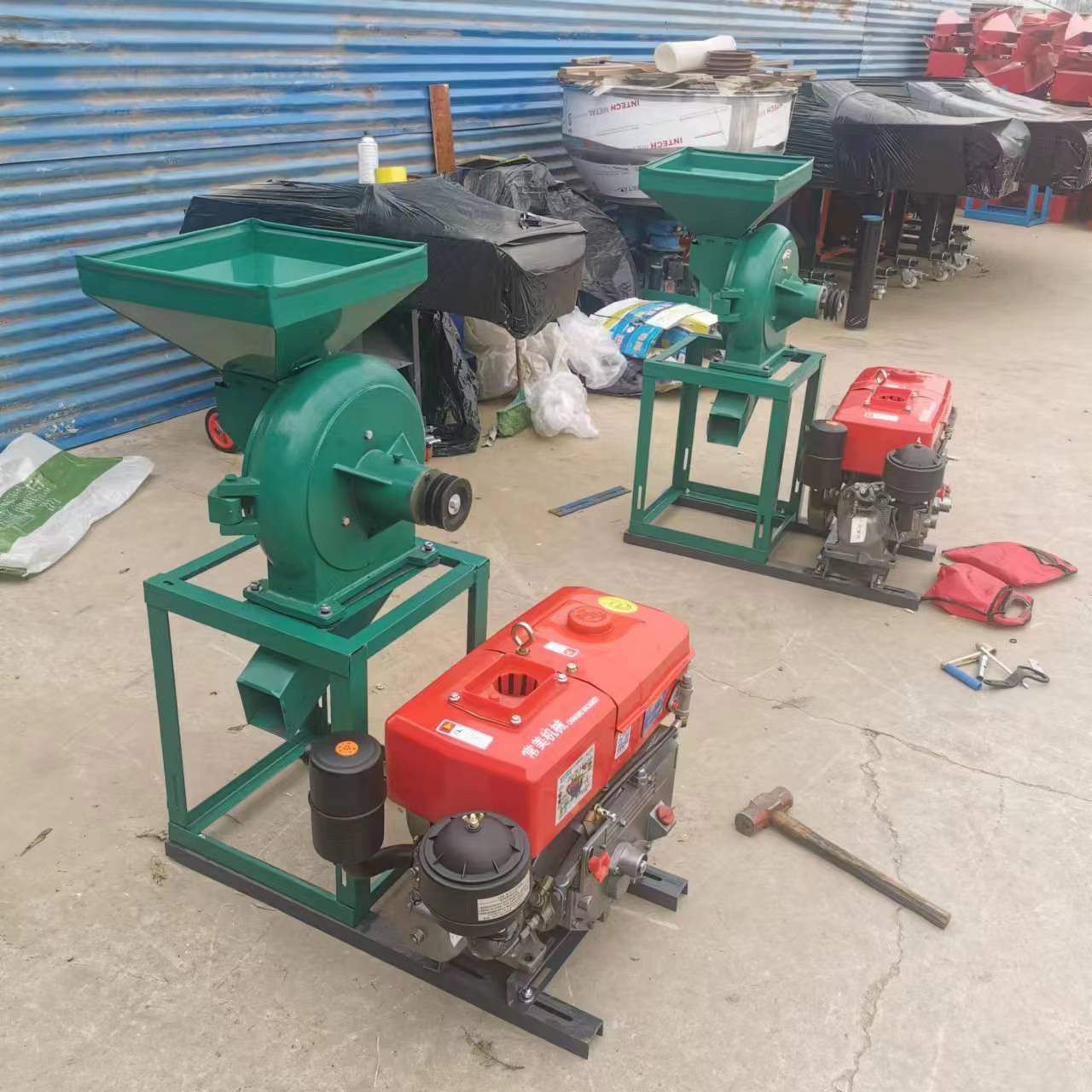Efficient Pellet Machines for Affordable Chicken Feed Production Solutions
Nov . 19, 2024 12:00 Back to list
Efficient Pellet Machines for Affordable Chicken Feed Production Solutions
The Importance of Pellet Machines for Chicken Feed
In the poultry industry, the production of high-quality chicken feed is crucial for healthy and productive flocks. One of the most effective methods for producing chicken feed is through the use of pellet machines. These machines are designed to convert raw ingredients into high-density pellets, which offer several benefits over traditional loose feed.
The Importance of Pellet Machines for Chicken Feed
Moreover, pellet machines can enhance the overall nutrition of chicken feed. The pelleting process involves heating and compressing the feed ingredients, which helps to eliminate harmful bacteria and pathogens. This not only ensures the safety of the feed but also makes the nutrients more bioavailable for the chickens. By providing a balanced and safe diet, farmers can support the health and growth of their flocks more effectively.
pellet machine for chicken feed

Pellets also contribute to a reduction in feed waste. Loose feed often results in more spillage and waste as chickens peck and scratch around their feeding areas. In contrast, pellets are more manageable and cohesive, leading to less feed being lost during feeding. This aspect is especially beneficial in larger production settings, where minimizing waste can lead to significant cost savings.
Another advantage of using pellet machines is the versatility they provide. Pellet machines can handle a wide variety of raw materials, including corn, wheat, soybean meal, and various vitamins and minerals. This allows poultry farmers to customize their feed formulations based on the specific needs of their chickens, whether they are layers, broilers, or breeders. By tailoring the feed to meet the specific nutritional requirements of different breeds, farmers can optimize growth rates and egg production.
Additionally, pellet machines are designed to operate efficiently and at a high output capacity. Modern machines come equipped with advanced technology that enables farmers to produce large quantities of feed in a short amount of time. This is particularly important for commercial operations that require a steady supply of feed to meet the demands of their livestock.
In conclusion, the use of pellet machines in the production of chicken feed has transformed the poultry industry. By improving feed efficiency, enhancing nutritional value, reducing waste, offering versatility, and ensuring high output, these machines have become an indispensable tool for poultry farmers. As the demand for poultry products continues to rise, investing in a quality pellet machine can lead to improved productivity, better flock health, and increased profitability for farmers around the world.
-
Hot Sale 24 & 18 Door Rabbit Cages - Premium Breeding Solutions
NewsJul.25,2025
-
Automatic Feeding Line System Pan Feeder Nipple Drinker - Anping County Yize Metal Products Co., Ltd.
NewsJul.21,2025
-
Automatic Feeding Line System Pan Feeder Nipple Drinker - Anping County Yize Metal Products Co., Ltd.
NewsJul.21,2025
-
Automatic Feeding Line System - Anping Yize | Precision & Nipple
NewsJul.21,2025
-
Automatic Feeding Line System - Anping Yize | Precision & Nipple
NewsJul.21,2025
-
Automatic Feeding Line System-Anping County Yize Metal Products Co., Ltd.|Efficient Feed Distribution&Customized Animal Farming Solutions
NewsJul.21,2025






